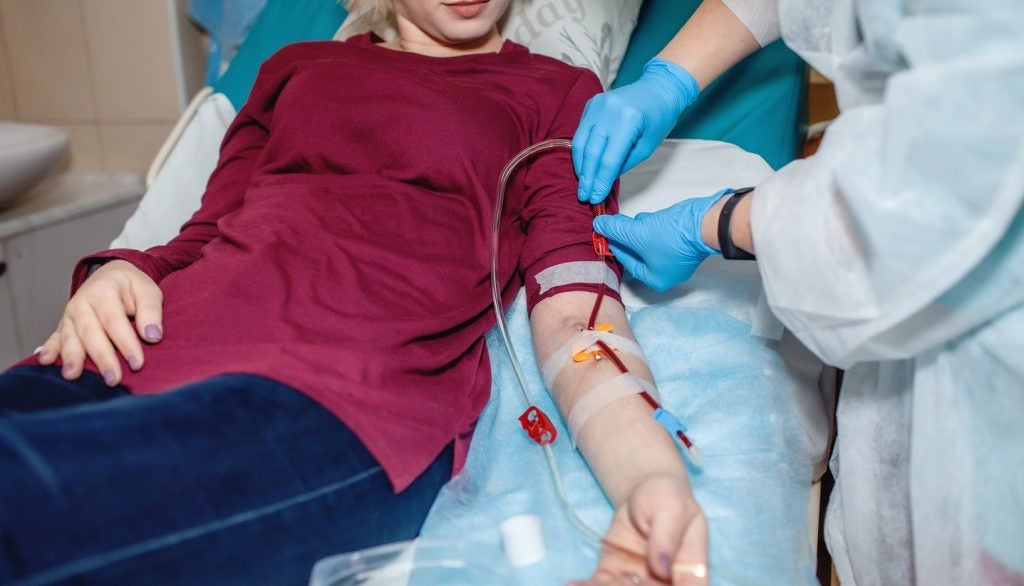
Medical device company Lightpoint Medical has received CE Mark approval for its first robotic gamma probe, SENSEI, for sentinel lymph node detection.
With the development, the probe will be commercially available for European hospitals.
It has been designed to detect intra-operative sentinel lymph node and cancer metastasis through the lymphatic system.
SENSEI offers precise, targeted cancer surgery and can be used for various major cancer types such as lung, colorectal, stomach, gynaecological, and prostate cancer.
Furthermore, the miniaturised probe offers unparalleled dexterity, improves the field of view and helps in the rapid radioactive hotspot localisation.
SENSEI identifies SPECT radioligands such as 99mTc-nanocolloid for sentinel lymph node detection or cancer-targeted drugs for cancer metastasis detection such as 99mTc-prostate-specific membrane antigen (PSMA) in prostate cancer surgery.
How well do you really know your competitors?
Access the most comprehensive Company Profiles on the market, powered by GlobalData. Save hours of research. Gain competitive edge.

Thank you!
Your download email will arrive shortly
Not ready to buy yet? Download a free sample
We are confident about the unique quality of our Company Profiles. However, we want you to make the most beneficial decision for your business, so we offer a free sample that you can download by submitting the below form
By GlobalDataLightpoint Medical CEO Dr David Tuch said: “Securing CE Mark for SENSEI is an important milestone in our efforts to transform cancer surgery and underscores our commitment to meet surgeons’ needs for miniaturised cancer detection tools as robotic platform technologies grow to dominate surgical practice.
“SENSEI promises accurate real-time cancer detection for robot-assisted cancer surgery. Currently, surgeons have no way to precisely detect cancer intra-operatively.”
Last September, SENSEI was registered with the US Food and Drug Administration (FDA) and is now authorised for sale in the country.
Peter MacCallum Cancer Centre Australia robotic surgeon professor Declan Murphy said: “I am delighted that SENSEI has received CE Mark. Our team is very keen to start using the technology in prostate cancer surgery, using the da Vinci robot.
“As a leader in research in robot-assisted prostate cancer surgery and molecular imaging using PSMA, we are extremely excited about the prospects for SENSEI to improve outcomes for our patients.”





